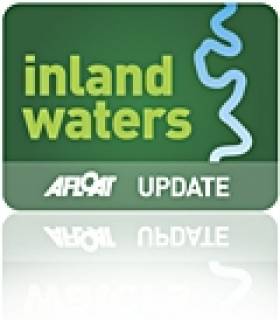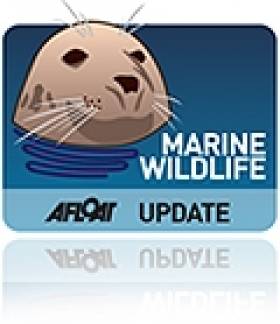Displaying items by tag: Special Area of Conservation
Minister Reaches Settlement Over Clondulane Weir
#INLAND WATERWAYS - Minister for Natural Resources Pat Rabbitte has announced that a settlement has been reached ahead of a court case over the removal of Clondulane Weir on the River Blackwater in Co Cork.
Lismore Realty Ltd and Lismore Trust Ltd has brought judicial review proceedings against the then minister over the department's direction in 2006 requiring the removal of the weird to allow for the free passage of migratory fish in line with national and European legislation.
The removal of the weir will now proceed folliwng the settlement, which terms that the parties will bear their own costs, and Lismore Realty Ltd and Lismore Trust Ltd will pay all reasonable costs of the removal of the weir, set to take place next summer.
Inland Fisheries Ireland will act as agents of the minister and manage the removal of the structure so as to minimise the impact on flora, fauna and habitat in the river, which is in a designated Special Area of Conservation.
Warning Over Oil Drill Threat to Rathlin Island Wildlife
Wildlife on Rathlin Island could be under threat if oil-drilling licences are awarded in the area, the Belfast Telegraph reports.
The north Antrim coast has been earmarked as a site for potential oil exploration in the latest round of British Government licensing, despite the area being designated as both a Special Protection Area and a Special Area of Conservation.
Environmental experts have warned of the devastating effect that oil drilling could have on marine wildlife on Rathlin Island and the nearby coastline.
"We've seen off the coast of Aberdeenshire that no matter how careful the drilling, there is always the risk of a spill," said Claire Ferry of the RSPB.
"In this case the spill happened far away from any vulnerable wildlife colonies, but just imagine the impact if that oil was washing onto a globally important seabird colony."
The Belfast Telegraph has more on the story HERE.

























































